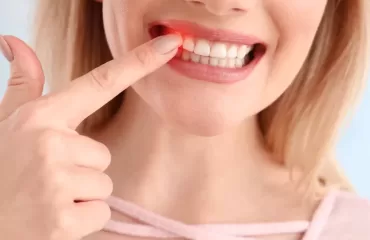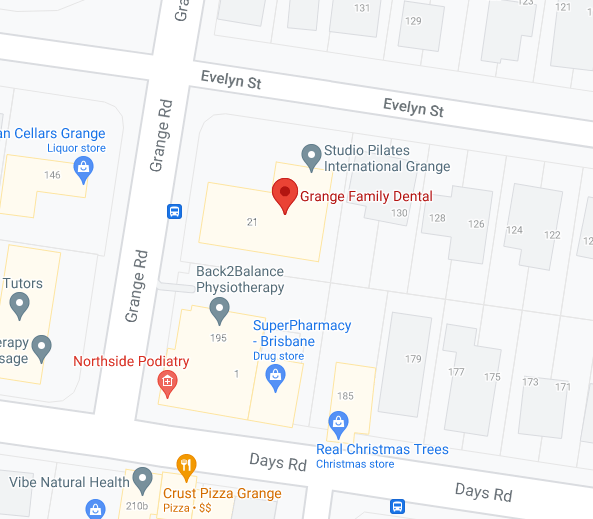
Fight Kids’ Tooth Decay: 5 Simple Oral Hygiene Tips
We understand the importance of encouraging good oral hygiene habits in children, which is why we have collated five easy tips for teaching kids about oral hygiene.
Oral Hygiene Tip 1: Make Brushing Your Teeth a Game
We all know that children will do anything they can to avoid tasks that seem like a chore – hence why it can be incredibly effective to gamify oral hygiene into a fun activity they will look forward to. To make tooth brushing exciting for your child, explore these distinct game ideas. Start with a simple game: compete to see who can create the most bubbles. Or, craft a unique tooth-brushing dance, or sing their favorite nursery rhyme together. For added fun, have a contest to see who can pull the silliest faces. Each activity is designed to engage your child in a fun way, helping to instill good oral hygiene habits.
Oral Hygiene Tip 2: Use a Reward Chart
Sometimes, helping children start a new habit starts by setting small incentives. You can create a basic reward chart or download our online resource and decide how you would like to reward the behaviour. Small goals can help establish their routine i.e. a consistent week of brushing and flossing can be rewarded with things like a trip to the park or an episode of their favourite show.
Oral Hygiene Tip 3: Role Play With a Teddy Bear or Doll
When beginning to introduce oral hygiene to your child it can be helpful to role play the desired action with them on their favourite toy or doll. When kids see their beloved teddy having their teeth brushed, they will be more likely to embrace the activity themselves.
You can also purchase toys or dolls that have their own toothbrush that are designed specifically for this purpose.
Oral Hygiene Tip 4: Choose Child Friendly Products
To make brushing an enjoyable activity for your child it is important you choose a toothbrush with soft or extra-soft bristles so that there is no pain associated with the task. Children’s gums can be extra sensitive which is why it is integral to ensure the toothbrush you use is kid-friendly.
In addition, it can also help encourage your child to love cleaning their teeth if you allow them to choose their own toothbrush, so long as it adheres to these requirements. Many children’s toothbrushes come in fun colours with different characters on them, or even play songs while they brush.
Let your child choose their toothbrush, possibly from a pre-selected list you provide. This approach encourages them to feel ownership and can boost their enthusiasm for using their new “toy.” Additionally, consider special kids’ toothpastes. These are often more appealing, especially if they come in different flavors or have a sparkly look.
Oral Hygiene Tip 5: Lead by Example
Children love to imitate and copy those they look up to. That is why it can be helpful to make brushing and flossing your teeth a whole family activity. Ultimately the best way to encourage proper oral hygiene in your children is letting them watch and learn from you.
Make sure to include your child in your routine, brushing together at least twice a day and including flossing as soon as they have teeth that have grown alongside each other.
Grange Family Dental
It is also important that your children receive regular dental check-ups to ensure they can continue to be happy and healthy!
When it comes to your child’s dental health, it is important to find a dentist that makes your child feel comfortable and safe. At Grange Family Dental we understand the first few trips to the dentist can be scary, which is why we take extra care in ensuring your child feels right at home. Learn more about our Children’s Dentistry services or contact us to make an appointment.









